
A market-determined price is the best option but the Constitution makes it clear that natural resources are a national asset.
Kirit S Parikh
Chairman, Integrated Research and Action for Development
"The gas price varies when it is put to different uses. The best way to get efficient allocation across different sectors is to have a competitive, market-determined price. It, of course, requires that the user sectors are also operating in a competitive environment"
Natural gas is a more convenient and clean fuel as compared to other fossil fuels. It has several uses, including household cooking and heating, fertilisers, petrochemicals, certain industries that require high temperature, power generation and transport.
Its value varies when put to different uses, depending on the availability of alternatives. The best way to get efficient allocation of gas across different sectors is to have a competitive, market-determined price. It, of course, requires that the user sectors are also operating in a competitive environment.
...
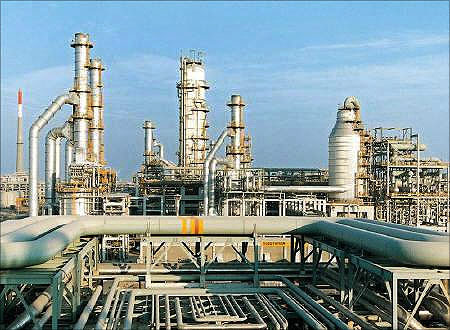
Today, natural gas is sold in India at different prices, and the priorities set for the allocation in each case varies.
The gas obtained from fields, which was allotted before the production-sharing contracts were given or the New Exploration Licensing Policy, or Nelp was introduced, is charged at what is called APM (administered price mechanism).
This is a low price and currently varies from $1.8 to $2.5 per million British thermal unit (mmbtu).
The gas obtained from the Krishna-Godavari (KG) basin is priced at $4.2 per mmbtu.
Gas obtained from abroad as liquefied natural gas (LNG) sells at different prices, too. Imported LNG has to be re-gasified, and that adds to its cost. The price can be as high as $5.6 per mmbtu. In fact, the cost of imported LNG can be as high as $12 per mmbtu.
Obviously, with these variations, it would be a miracle if allocations are economically efficient.
...
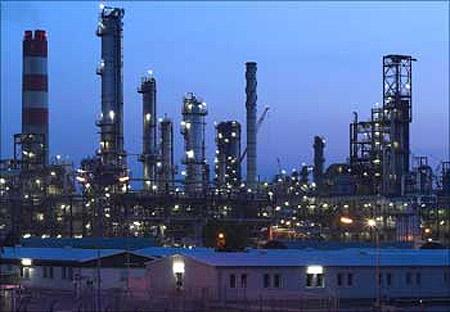
As a rule, all commercial primary energy sources must be priced at trade parity prices at the point of sale. However, given the distortions in various markets, it may be unavoidable to allocate gas.
To trade natural gas, either through transnational pipelines or as LNG, requires a large investment in pipelines or gasification/re-gasification facilities. If sufficient gas is available, such investments may be worthwhile, but it carries risks related to long-term price for LNG.
In a competitive set-up, the producers of associated and non-associated natural gas have the option of liquefying the gas and transforming it into a tradable commodity or piping it to an export market.
Either option adds cost (inclusive of return on capital employed) to transform the non-tradable natural gas to a tradable commodity based on investments.
...
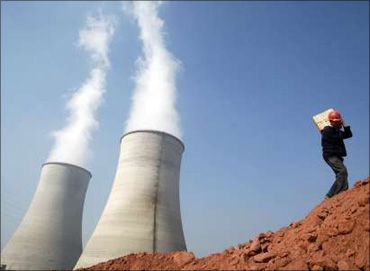
The net-back realisation by the gas producer would, thus, be the price of gas at the landfall point, which makes it possible for the gas producer to incur the extra cost of making it tradable, and yet compete effectively in the end market with other suppliers of natural gas, LNG or alternative energy forms.
This net-back price should then become the minimum price for the domestic user of such natural gas. At this net-back price, the gas supplier has the choice of selling gas domestically or taking the investment risk and exporting it through a pipeline or by conversion to LNG.
Once adequate natural gas is available, either through LNG or piped gas imports or domestic natural gas, the marginal use in India would likely be power generation where natural gas will have to compete with domestic or imported coal.
The market-determined price of natural gas would be one at which power generated using natural gas would have the same cost as power generated through the cheapest alternative, that is most likely a coal-based plant.
...
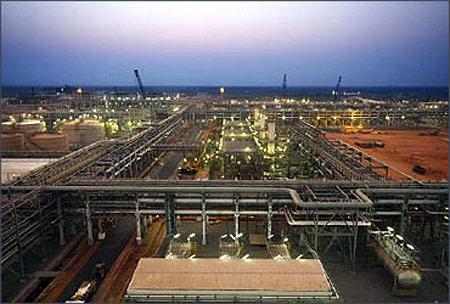
How should one allocate natural gas in a shortage? Given that a certain degree of self-sufficiency is considered desirable for domestic fertiliser production, allocation of natural gas to fertiliser plants on a priority basis may be required to ensure adequate domestic production.
Also, as long as fertiliser producers have feedstock cost as a pass-through, gas price determined through competition would be distorted.
The case for allocating compressed natural gas (CNG) to the transport sector is also strong as long as the Supreme Court's mandate continues to require the use of CNG by buses, taxis and auto-rickshaws.
In the long run, however, air pollution should be controlled by stipulating emission standards and not by mandating a particular fuel. There would then be no need to allocate gas for transport sector.
To give incentives for exploration and production of gas, we need to move to a competitive market not only in natural gas, but also in fertiliser and power markets.
...
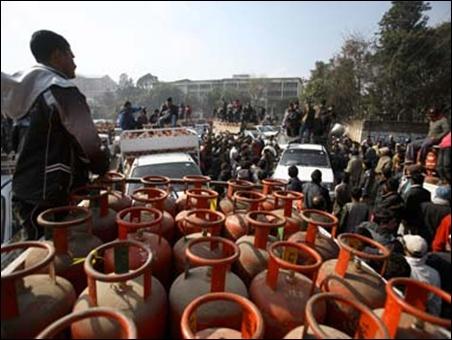
Nilotpal Basu
Member, Central Secretariat, Communist Party of India (Marxist)
"From the nature of control that emerged from the commercial contracts, private companies were clearly operators and contractors. The resources, however, belong to people and the government is responsible for their overall management on their behalf"
From their own standpoint, the prime minister and the United Progressive Alliance-II (UPA-II) government have not done anything wrong in formulating the natural gas policy as it is unfolding.
They have been true to their intentions and priorities. That the basic objective of this policy is not to secure national interest, but to benefit powerful private corporations is, however, a different proposition.
One should not be surprised at this approach, steeped deeply in neo-liberal dogma as it is; the UPA-II government's agenda is to unshackle the "animal forces" of private entrepreneurship. Because, this is what Manmohan Singh's "enlightened" nationalism is all about.
...
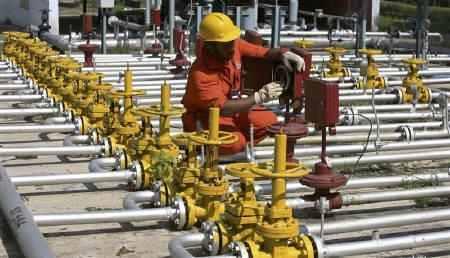
Crony capitalism is, to borrow a phrase from former US Secretary of State Madeleine Albright, "collateral damage", so it must be accepted without a whimper! Non-acceptance would result in an ignoble exit from office, as Jaipal Reddy has faced at his own expense.
In any case, why should there be a DEBATE on the natural gas policy at all? The Indian Constitution and existing laws indicate that, implicitly, all natural resources of this country actually belong to the sovereign - "We, the people".
This understanding has guided the government for all these years to use these resources for public good.
In the immediate aftermath of Independence, the foreign oil companies left Indian shores, and the Government of India either nationalised erstwhile foreign oil companies or created new ones like Oil and Natural Gas Corporation, or ONGC to manage its oil and gas requirements.
...
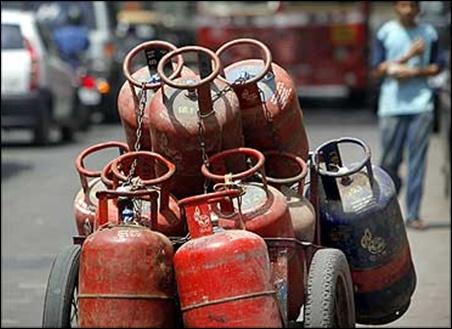
But the global economic reforms to which Indian reformers are deeply wedded brought about a paradigm shift by allowing operational control over these resources for commercial profit-making. But this shift was never explicitly translated in the Constitutional and the legislative process.
That is why there is so much dispute. Eventually, it is in the context of the 2G spectrum scam that the Supreme Court had to define the basis and methodology for dealing with natural resources.
The apex court referring to other laws deduced that natural resources were, indeed, owned by the people of India; and the government was a mere "trustee".
This requires the government to ensure the utmost transparency in distributing licences and other commercial rights for operating these resources to earn profits.
...
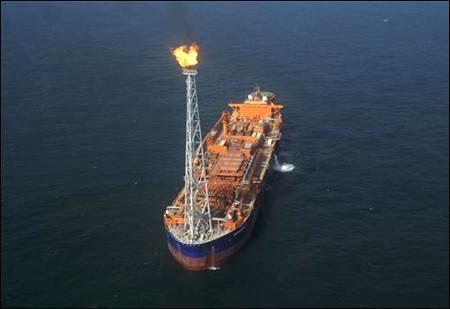
The new petroleum and natural gas policy that facilitated the involvement of private corporations to exploit these scarce resources for commercial benefit underlines that this was to complement public investment with private initiative; since this was a capital-intensive sector.
But from the nature of control that emerged from the commercial contracts and production-sharing agreements, it was abundantly clear that these private companies were essentially operators and contractors; the resources, however, continue to belong to people and the government is responsible for their overall management on their behalf.
But today, Reliance Industries (RIL) has managed to undermine this with the government's blessings.
When RIL started operating the Krishna-Godavari (KG) gas field, they entered into an agreement not only with Anil Ambani-owned Reliance Power, but also with the public sector navaratna NTPC for supplying gas at $2.34 a unit for 17 years.
...
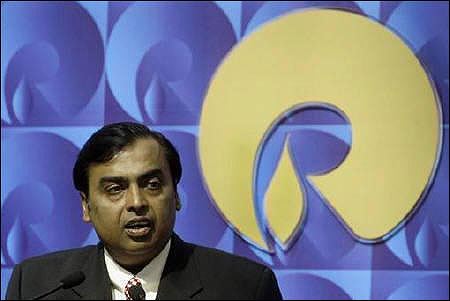
The agreement clearly suggests there was no linkage with international price. Yet, subsequently, RIL on the plea that it would augment production through incremental investment demanded an upward revision before completing the tenure of the earlier agreement.
An empowered group of ministers meekly obliged, accepting that henceforth the price of KG gas would be $4.2 per unit till 2014.
But now RIL is asking for a further revision and insisting on linkage with international prices. Since gas is the feedstock for producing fertiliser and power, this is unacceptable.
....
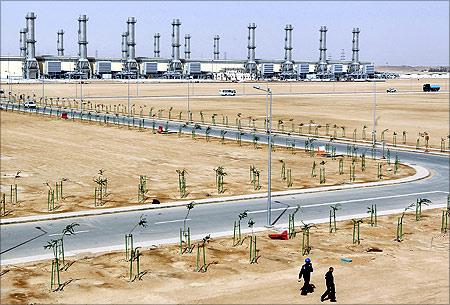
However, in order to arm-twist the government to accept a new price of $14.5 per unit, the company has brought down the production to roughly half of what it had projected for earning the earlier revision of rates.
Both the petroleum and power ministries have opposed this demand for price revision. But the Prime Minister's Office insisted on new negotiations with RIL. This implies that the prime minister recognises the company's role beyond its status as a contractor.
Therefore, this is not a mistake but part of a larger commitment to neo-liberal ideology. The only regret is that this ideology is clothed as sound economics.